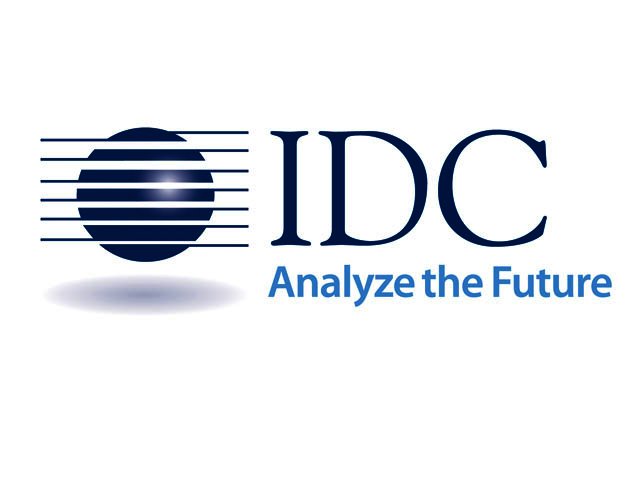South Africa is already past the Internet of Things (IoT) hype cycle and well into the mainstream. Projects and pilots are already becoming a commercial reality, tying neatly into the 2017 IDC prediction that 2018 would be the year when the local market took IoT mainstream.
Over the next 12-18 months, it is anticipated that IoT implementations will continue to rise in both scope and popularity. Already 23% are in full deployment with 39% in the pilot phase. The value of IoT has been systematically proven and yet its reputation remains tenuous - more than 5% of companies are reluctant to put their money where the trend is – thanks to the shifting sands of IoT perception and success rate.
There are several reasons behind why IoT implementations are failing. The biggest is that organisations don’t know where to start. They know that IoT is something they can harness today and that it can be used to shift outdated modalities and operations. They are aware of the benefits and the case studies. What they don’t know is how to apply this knowledge to their own journey so their IoT story isn’t one of overbearing complexity and rising costs.
Another stumbling block is perception. Yes, there is the futuristic potential with the talking fridge and intelligent desk, but this is not where the real value lies. Organisations are overlooking the challenges that can be solved by realistic IoT, the banal and the boring solutions that leverage systems to deliver on business priorities. IoT’s potential sits within its ability to get the best out of assets and production efficiencies, solving problems in automation, security, and environment.
In addition to this, there is a lack of clarity around return on investment, uncertainty around the benefits, a lack of executive leadership, and concerns around security and the complexities of regulation. Because IoT is an emerging technology there remains a limited awareness of the true extent of its value proposition and yet 66% of organisations are confident that this value exists.
This percentage poses both a problem and opportunity. On one hand, it showcases the local shift in thinking towards IoT as a technology worth investing into. On the other hand, many companies are seeing the competition invest and leaping blindly in the wrong direction. Stop. IoT is not the same for every business.
It is essential that every company makes its own case for IoT based on its needs and outcomes. Does agriculture have the same challenges as mining? Does one mining company have the same challenges as another? The answer is no. Organisations that want their IoT investment to succeed must reject the idea that they can pick up where another has left off. IoT must be relevant to the business outcome that it needs to achieve. While some use cases may apply to most industries based on specific circumstances, there are different realities and priorities that will demand a different approach and starting point.
Ask – what is the business problem right now and how can technology be leveraged to resolve it?
In the agriculture space, there is a need to improve crop yields and livestock management, improve farm productivity and implement environmental monitoring. In the construction and mining industry, safety and emergency response are a priority alongside workforce and production management. Education shifts the lens towards improving delivery and quality of education, access to advanced learning methods and reducing the costs of learning. Smart cities want to improve traffic and efficiently deliver public services and healthcare is focusing on wellness, reducing hospital admissions and the security of assets and inventory management.
The technology and solutions selected must speak to these specific challenges.
If there are no insights used to create an IoT solution, it’s the equivalent of having the fastest Ferrari on Rivonia Road in peak traffic. It makes a fantastic noise, but it isn’t going to move any faster than the broken-down sedan in the next lane. Everyone will be impressed with the Ferrari, but the amount of power and the size of the investment mean nothing. It’s in the wrong place.
What differentiates the IoT successes is how a company leverages data to deliver meaningful value-added predictions and actions for personalised efficiencies, convenience, and improved industry processes. To move forward the organisation needs to focus on the business outcomes and not just the technology. They need to localise and adapt by applying context to the problem that’s being solved and explore innovation through partnerships and experimentation.





